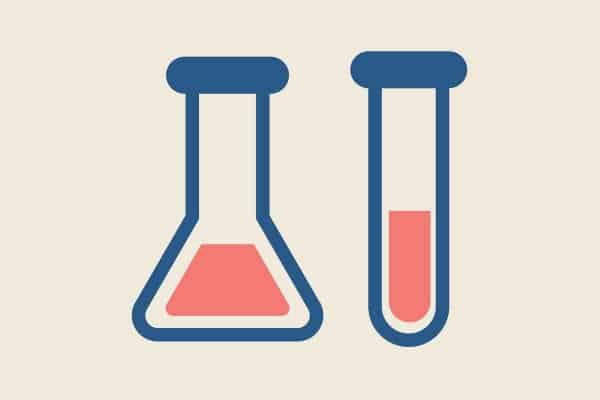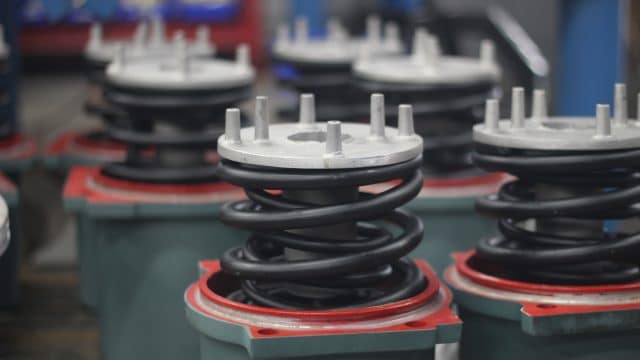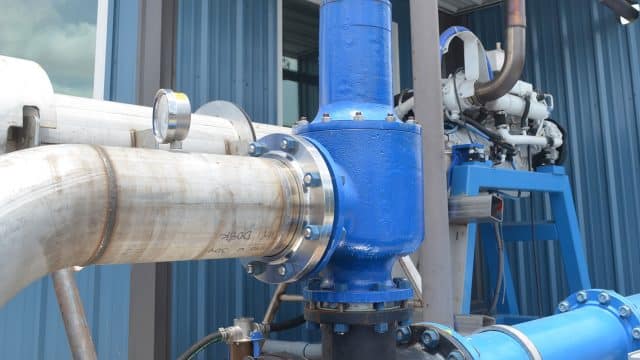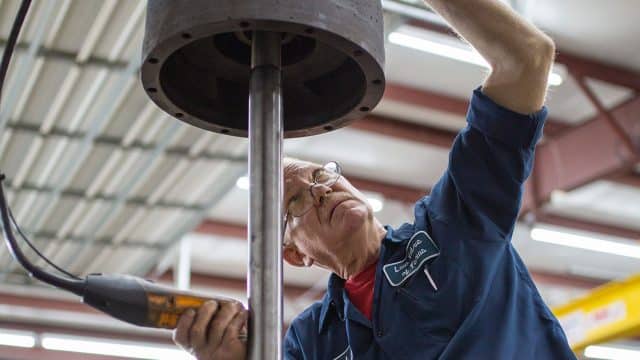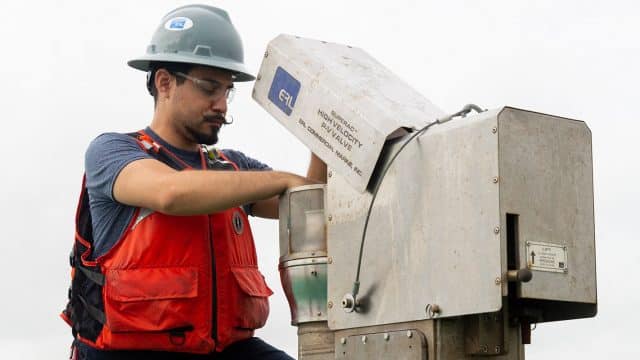Chemical spills in waterways in waterways present a significant threat to the environment and the health of local communities. It doesn’t matter which type of liquid we are talking about. Fluid can become hazardous and affect ecosystems if a sufficient amount is spilled or washes pollutants into our waterways. There are thousands of chemical spillsRead More >
- Skip to primary navigation
- Skip to main content
- Skip to primary sidebar
- Skip to footer
- Skip to gdpr navigation

